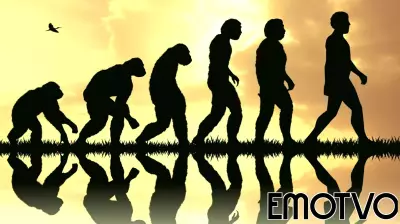Trusting Your Memories: Are They as Accurate as You Think?
August 9, 2025 - 18:04

The days of our teens and early adulthood often stand out as the most vivid chapters in our lives, filled with formative experiences and emotional milestones. However, a recent study raises important questions about the reliability of these cherished memories. Researchers have delved into the intricacies of memory recall, suggesting that our recollections may be less accurate than we believe.
Memories are not static; they are dynamic constructs influenced by various factors, including time, emotions, and even the narratives we tell ourselves. The study highlights that while we may vividly remember events from our youth, the details can become distorted over time. This distortion can lead to a false sense of certainty about our past experiences, potentially impacting how we interpret our identities and relationships.
As we reflect on our formative years, it is crucial to approach our memories with a degree of skepticism. Understanding the malleability of our recollections can encourage a more nuanced view of our personal histories, allowing us to embrace the complexity of our experiences.
MORE NEWS

February 21, 2026 - 01:54
Resilience and Reconstruction: What Now?The ongoing integration of over 100,000 displaced persons from Nagorno-Karabakh into Armenian society presents a profound contemporary case study in resilience, trauma, and social adaptation. This...

February 20, 2026 - 09:54
Frontiers | Relating physical exercise to “lying flat” among Chinese college students: the chain mediation of temporal focus and the sense of meaning in lifeA new study reveals a powerful antidote to the `lying flat` mentality gaining traction among Chinese college students: physical exercise. Faced with intense academic and social competition, many...

February 19, 2026 - 19:57
New Review Challenges the "Just-So Story" Critique of Evolutionary PsychologyFor decades, evolutionary psychology has been dogged by a persistent criticism: that its theories are unfalsifiable `just-so stories,` clever narratives about human nature that cannot be...

February 19, 2026 - 03:07
Holocaust survivor made MBE says ‘nothing can change’ without psychologyHolocaust survivor Lydia Tischler has been formally appointed as a Member of the Order of the British Empire in a ceremony at Windsor Castle. The honour recognises her decades of dedicated service...